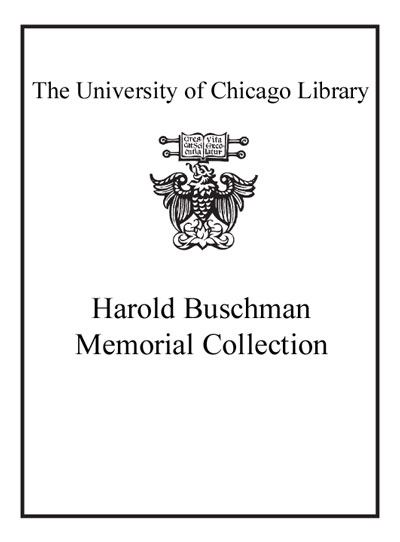Review by Choice Review
In this book Ehrman (Univ. of North Carolina, Chapel Hill) not only provides a thoughtful discussion of an ancient Mediterranean microgenre, the katabasis--or tour of the afterlife--but also grapples with the textual and theological puzzles surrounding one such Christian katabasis, the Apocalypse of Peter (second century CE) and the persistence of a universalist soteriology among early Christians. In the first two chapters (of six), Ehrman provides insightful commentary on ancient katabases (Odyssey 11, Aeneid 6, I Enoch, the Apocalypse of Zephaniah, the Apocalypse of Peter, and the Apocalypse of Paul). In chapter 3 he turns to ancient notions of conversion and the way in which tours of the afterlife, particularly punishments for greed, provided incentives toward conversion among pagans and Christians. The second half of the book (chapters 4--6) focuses on issues related to the Christian tradition of katabasis. Ehrman is persuasive in articulating and defending his thesis that the original version of the Apocalypse of Peter endorsed a universalist soteriology that later editors altered or removed. And in the final chapter, he discusses the Gospel of Nicodemus and the "harrowing of hell" tradition, an alternate version of a Christian katabasis that also intersects with early Christian universalism. Summing Up: Recommended. Upper-division undergraduates through faculty. --Robert Everett Winn, Northwestern College
Copyright American Library Association, used with permission.
Review by Publisher's Weekly Review
This illuminating deep dive by religious studies professor Ehrman (Heaven and Hell) examines the roots of Christian views on the afterlife. Ehrman studies the cultural contexts in which Christian afterlife stories developed and posits that the stories "emphasize what matters in life, providing insight into the purpose, meaning, and goals of human existence so as to encourage certain ways of being and living in the world." The author looks back at progenitors of the Christian narratives, including Odysseus's and Aeneas's descents into Hades and early apocryphal Jewish texts such as the "Book of Watchers" and the Apocalypse of Zephaniah. Ehrman focuses his study on four noncanonical early Christian texts, explicating how the narratives impart Christian ethics and urge non-Christians to convert by threatening such hellish fates as being "confined in a narrow place, ringed by fire, and forced to gnaw their tongues." By analyzing these narratives in the context of ancient Christians' world, lived experiences, and culture, Ehrman revives their "priorities, beliefs, practices, and histories," crafting a broad but detailed account of early Christian notions of heaven, hell, and purgatory. The result is an edifying origin story for contemporary Christian conceptions of the afterlife. (Apr.)
(c) Copyright PWxyz, LLC. All rights reserved
Review by Choice Review
Review by Publisher's Weekly Review

